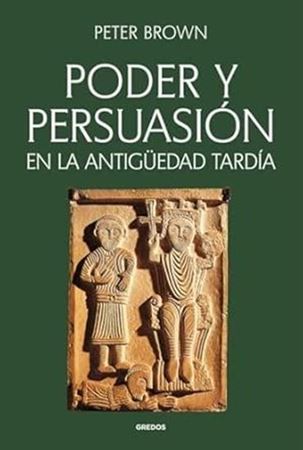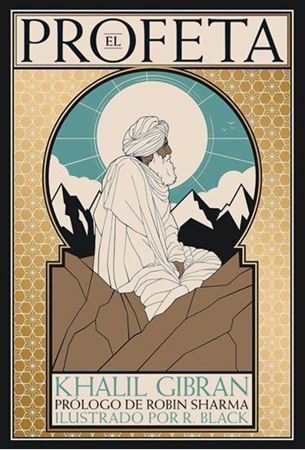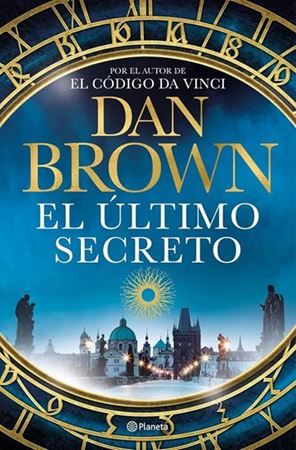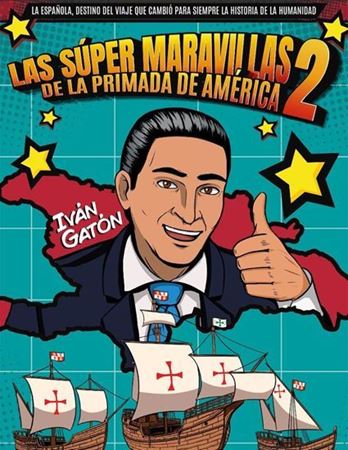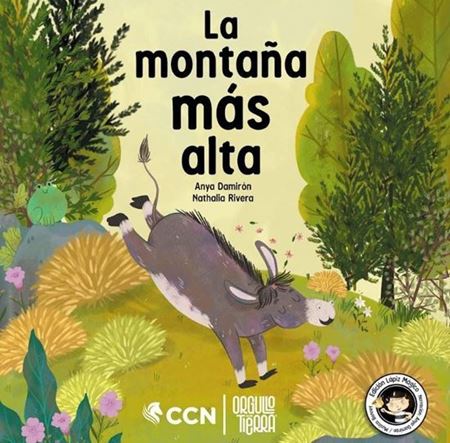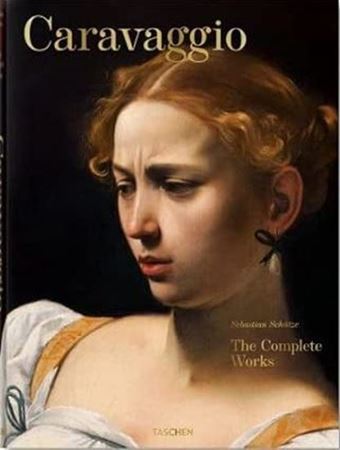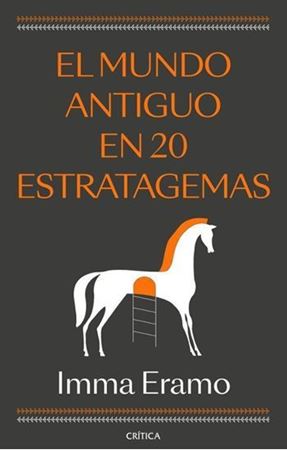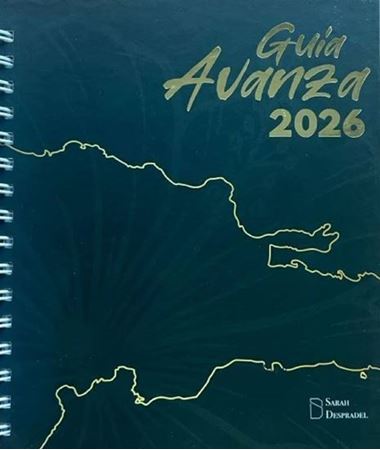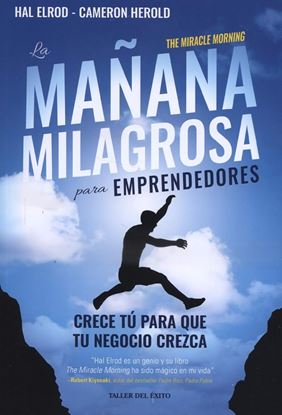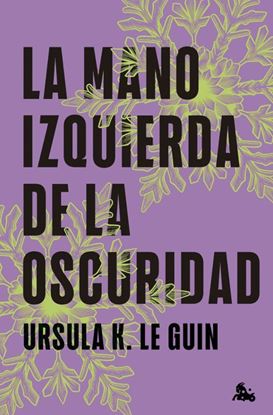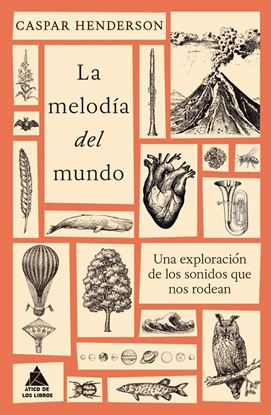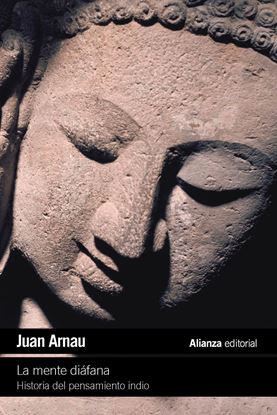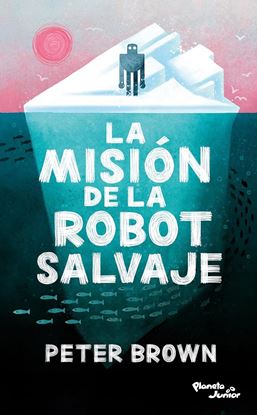

NOVEDADES
LA MAÑANA MILAGROSA PARA EMPRENDEDORES
La mañana milagrosa, de Hal Elrod, ha ayudado a redefinir las mañanas y la vida de millones de lectores desde 2012. A partir de entonces, muchos soñadores han iniciado sus carreras, cumplido sus metas y realizado sus sueños, todo a través del poder de los seis S.A.V.E.R.S. (salvadores) de vida.
Ahora, La mañana milagrosa para emprendedores presenta estos principios bajo una nueva luz, junto con La Ecuación Milagrosa y la Fórmula de Éxito del Emprendimiento, dos propuestas ganadoras en la vida de todo emprendedor.
1,250
1,000
LA MANO IZQUIERDA DE LA OSCURIDAD (TD)
La luz es la mano izquierda de la oscuridad, y la oscuridad es la mano derecha de la luz. Las dos son una, vida y muerte, juntas como amantes en kémmer, como manos unidas, como el término y el camino.»
«Escribiré mi informe como si contara una historia, pues me enseñaron siendo niño que la verdad nace de la imaginación». Así comienza su relato Genly Ai, enviado al planeta Gueden —también llamado Invierno por su gélido clima— con el propósito de contactar con sus habitantes y proponerles unirse a la liga de planetas conocida como el Ecumen. Los guedenianos tienen una particularidad que los hace únicos: son hermafroditas, y adoptan uno u otro sexo exclusivamente en la época de celo, denominada kémmer.
1,150
920
LA MELODIA DEL MUNDO
Descubre las maravillas de los sonidos que nos rodean.
Vivimos en un mundo de sonidos maravillosos y sugerentes: el crepitar de una hoguera o la primera gota de vino que cae en una copa son solo algunos ejemplos.
En La melodía del mundo, Caspar Henderson invita a los lectores a utilizar mejor sus oídos y sintonizar con el mundo. Guiado por la inigualable curiosidad de Henderson, el lector descubrirá la gran variedad de sonidos a nuestro alrededor, relacionados con las personas, otros seres vivos, el planeta y el espacio exterior. En esta aventura, nos seducirá la belleza de los sonidos cotidianos, como el zumbido de una abeja o las canciones que no podemos dejar de tararear, pero también los prodigiosos sonidos que quizá nunca tengamos la oportunidad de oír, como el profundo estallido de un volcán o la melodía serena de la aurora boreal.
Este delicioso volumen reúne sonidos del cosmos, del mundo natural, del mundo humano y del mundo inventado, y contiene tranquilos espacios de silencio, desde donde escuchar realmente los sonidos del mundo que nos rodea.
2,150
1,720
LA MENTE DIAFANA
Desde los antiguos himnos védicos hasta el sivaísmo de Cachemira, el pensamiento indio ha abierto numerosos caminos en la búsqueda de una mente diáfana, que facilite el libre tránsito de la conciencia. En el corazón de esta exploración nació una cultura mental tejida de hábitos como la meditación o el yoga, que permiten el acercamiento a las distintas dimensiones de un universo concebido como un organismo cuyo desarrollo corre en paralelo a la evolución espiritual de los seres que lo habitan. A través de su análisis, Juan Arnau nos ofrece las respuestas que las distintas escuelas filosóficas indias han dado sobre la esencia del ser y el camino hacia la liberación espiritual.
1,400
1,120
LA MERCANTILIZACION DE LA VIDA INTIMA
A medida que la familia "artesanal" se transforma en una familia postindustrial, las tareas que antes se llevaban a cabo en el interior del núcleo familiar se confían cada vez más a especialistas externos: cuidadores de niños y de personas mayores, enfermeros, profesores de colonias de verano, psicólogos y animadores de fiestas de cumpleaños. Así, producimos menos cuidado familiar pero lo consumimos más. El amor y el cuidado, cimientos de la vida social, suscitan hoy verdadero desconcierto.
Arlie Russell Hochschild, una de las más importantes voces de la sociología feminista, ofrece en esta obra nuevos y penetrantes modos de mirar la vida familiar, el amor, el género, el espacio de trabajo y las transacciones del mercado. Cada capítulo refleja algunas de las arduas negociaciones que debemos realizar día a día para satisfacer las complejas demandas del amor y del trabajo. Así, la obra aborda los temas que nuestra época ha puesto en el sitio central de la interrogación sociológica: las emociones, los géneros, la familia, el capitalismo, la globalización y los modos en que la cultura contemporánea ha mercantilizado la intimidad, la emoción y la vida familiar.
1,995
1,596
LA MISION DE LA ROBOT SALVAJE
El mar y sus habitantes dependen de Roz...
La robot y los animales de la isla parecen tener una vida perfecta. Sin embargo, un día aparece una foca herida y da la voz de alarma: se acercan aguas contaminadas. A partir de este momento, todos están en peligro.
Roz calma y organiza a los animales, pero las aguas tóxicas dificultan cada día más conseguir comida y hallar refugio. La robot descubre entonces que su cuerpo es impermeable a la marea venenosa y se impone una misión: encontrar el origen del peligro y acabar con él.
Para cumplir su objetivo, hará un emocionante viaje submarino, donde encontrará paisajes y criaturas increíbles, aunque amenazados por la devastación. ¿Podrá Roz salvar el océano, la isla y a los seres que ama o la marea venenosa acabará con ellos?
Una emocionante fábula moderna que lleva a los lectores por las heladas aguas del norte y pone a su protagonista al borde del riesgo más grande de todos.
995
796


